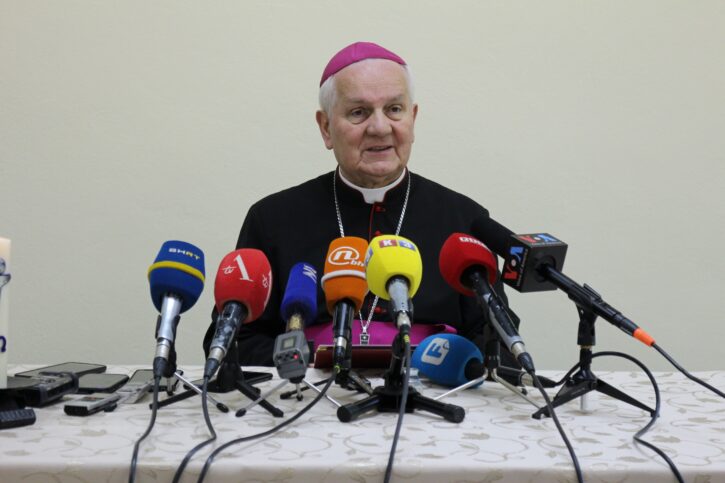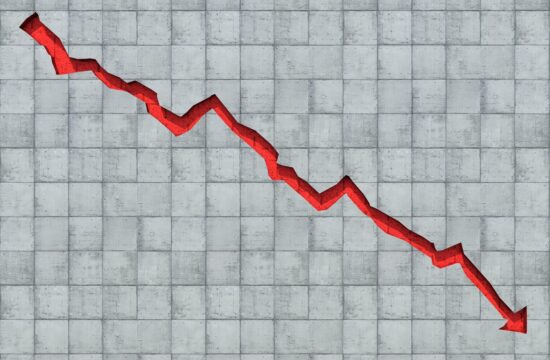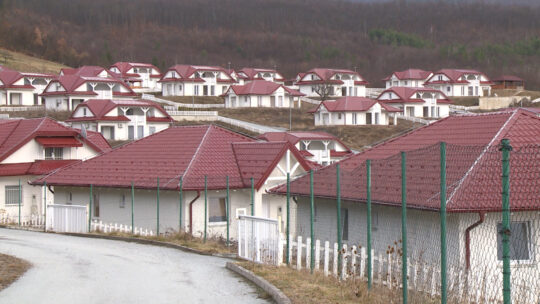
Banja Luka’s Catholic Bishop, Franjo Komarica, welcomed on Thursday the announced visit of Presidency Chaiman and Bosnian Serb leader Milorad Dodik to the Vatican but said that he expects that the Pope will want to talk about the prewar 95 per cent of Catholics who no longer live in the Serb-majority part of the country.
Dodik’s party, the Alliance of Independent Social Democrats (SNSD), has been in power in Republika Srpska (RS), the Serb-majority semi-autonomous entity in the country, for more than a decade. Banja Luka is the administrative centre of the entity.
During Bosnia’s 1992-95 war, a Serb ethnic cleansing campaign has turned that once mixed part of the country into a territory now nearly exclusively populated by Serbs.
“I believe that if the Holy Father and his associates talk about anything with Bosnia’s political representative, the question that will arise is where the Catholics are and why those who wished to return were not politically, legally and economically allowed to do so,” the bishop told reporters.
He said that there are about 4,000 pending requests submitted by Catholics who want to return to the Banja Luka diocese but that nobody wants to help them.
Bosnia’s constitutional setup defines the three majority ethnic groups in the country, Bosniaks, Serbs and Croats, as ‘constituent peoples’. The Croats are the least numerous.
“At that meeting, the question that will have to be asked is what we intend to do with Bosnia and Herzegovina without one of the constituent peoples and the Catholic Church which has deep roots (in the country),” Komarica said.
He also said that Bosnia’s Catholic Church has still not been given back all of its pre-war property even though it requested it.
“We know for years already what the situation with Catholics in this country is like and what happened to them during the war and in the period after, until today, and we know that we today have less than half the number of Catholics who lived across the country before the war,” he said.




